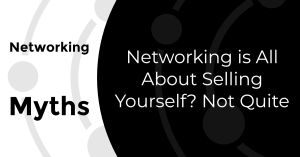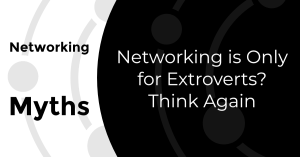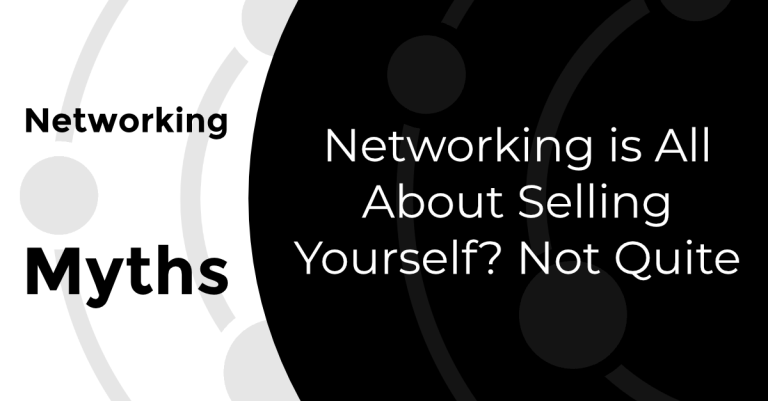So, you’re thinking about starting a networking group? It’s a fantastic way to build connections, foster collaboration, and create a valuable community. But where do you start? It can seem daunting, but with a structured approach, you can turn your vision into reality.
First, define your niche. This is crucial. Don’t just create another generic business networking group. Think about what makes you unique. What specific area of business are you passionate about? What kind of professionals are you looking to connect? A clear niche will help you attract the right members and stand out from the crowd.
Next, consider your logistics. Where will you meet? The venue is more than just a space; it’s part of the experience. Think about the atmosphere you want to create. Is it formal or informal? Modern or traditional? Visit potential venues, consider accessibility and cost, and don’t be afraid to negotiate.
Community building is essential. People join networking groups to connect with other people. How will you facilitate those connections? Will you have structured activities? Open networking time? Guest speakers? Think about how you can create a welcoming and inclusive environment where people feel comfortable interacting.
Marketing! You need to get the word out about your group of course. A website is good if possible, but a social media presence at least is essential. Start engaging with people in your target niche. Attend relevant events and connect with potential members. Word of mouth is powerful, so encourage your existing network to spread the word… And… Utilise UKNetworker to promote your group, your events, and engage with potential attendees in various ways.
Consider your funding model. How will you cover your costs? Will you charge membership fees? Seek sponsorships? Be transparent about your pricing structure and what members receive in return.
Starting a networking group takes time and effort. It’s a commitment, but the rewards can be significant. By focusing on your niche, creating a welcoming environment, and actively promoting your group, you can build a thriving community that benefits both you and your members.
Other things to consider when starting a networking group
Logistics and Operations
- Insurance – Public liability insurance is very important for any event you host.
- Data Privacy (GDPR) – Comply with GDPR regulations when collecting and storing member data.
- Membership Structure – Will you have different tiers of membership? What are the benefits of each tier? Consider offering introductory rates or discounts for early joiners.
- Payment Processing – How will you collect membership fees or event payments?
- Event Format – Beyond the basics, consider variations like speed networking, workshops, panel discussions, social events, online gatherings… Variety can keep members engaged.
- Refreshments – Will you provide food and drinks at your events? This can significantly impact the perceived value of your group.
- Accessibility – Ensure your events are accessible to everyone, including people with disabilities. This includes venue accessibility, communication, and dietary requirements.
Community Building
- Code of Conduct – Establish clear guidelines for member behaviour to ensure a respectful and inclusive environment.
- Feedback Mechanisms – Create opportunities for members to provide feedback on events and the group in general. This shows you value their input and helps you improve.
- Member Spotlights – Feature members on your website or social media to highlight their businesses and expertise. This adds value for members and promotes the group.
- Partnerships – Consider partnering with other local businesses or organisations to expand your reach and offer additional benefits to members.
- Mentorship Programs – If appropriate for your niche, consider facilitating mentorship opportunities within the group.
- Online Community – Use UKNetworker’s online community to connect and interact outside of events. We can set up a ‘Group’ just for your group within our community space.
Long Term Vision
- Growth Strategy – Think about your long-term goals for the group. Do you want to expand to other locations? Offer more specialised events?
- Success Metrics – How will you measure the success of your networking group? Consider metrics like membership growth, event attendance, and member feedback.
- Delegation – As your group grows, you may need to delegate tasks to others. Start thinking about how you’ll build a team or find volunteers.
Starting a networking group is a rewarding endeavour. It takes planning, dedication, and a genuine desire to connect people. By focusing on your niche, creating a welcoming environment, and actively promoting your group, you can build a thriving community that benefits both you and your members. So, take the first step, embrace the challenge, and get ready to connect!









